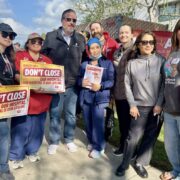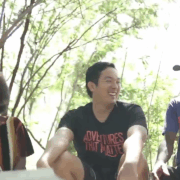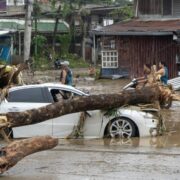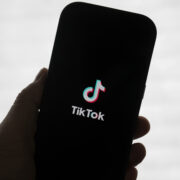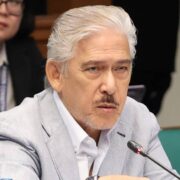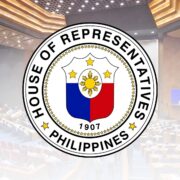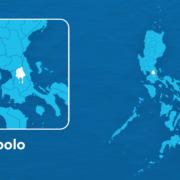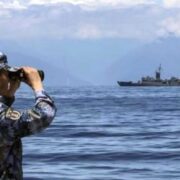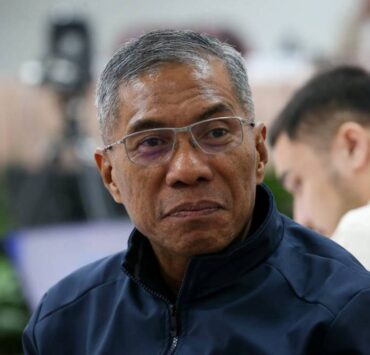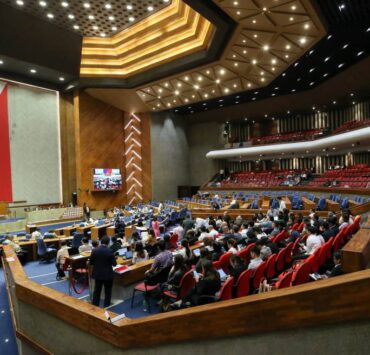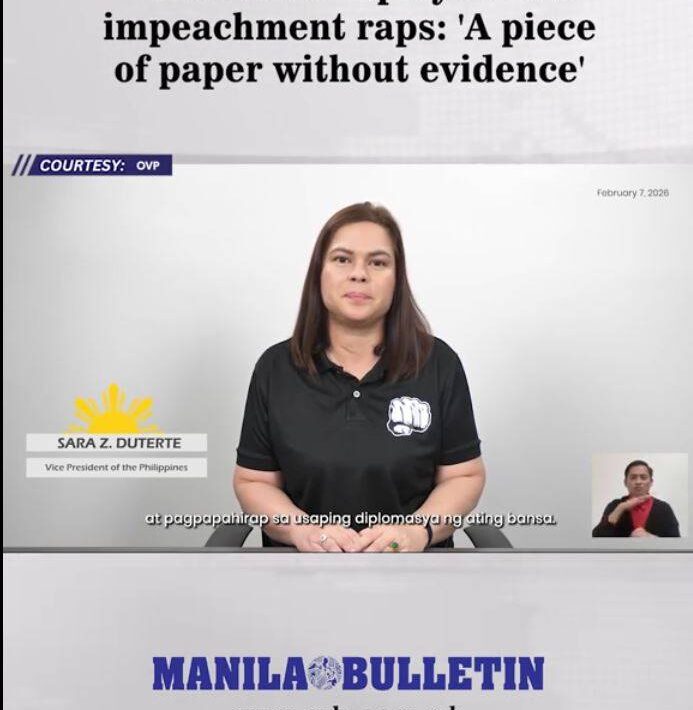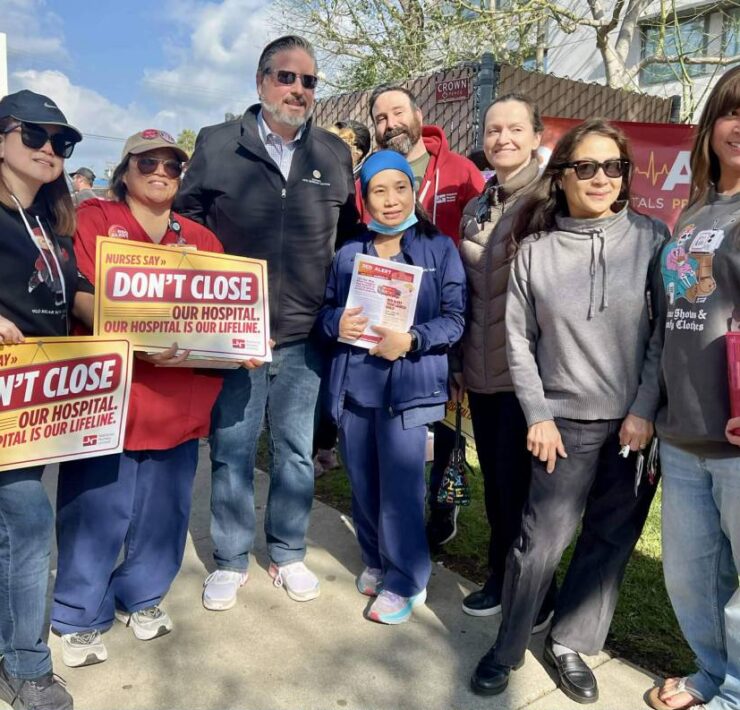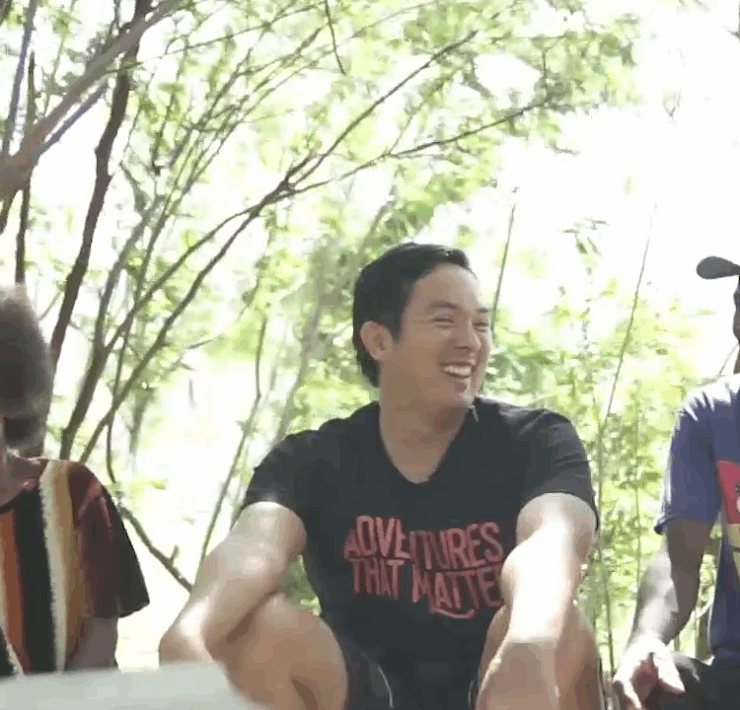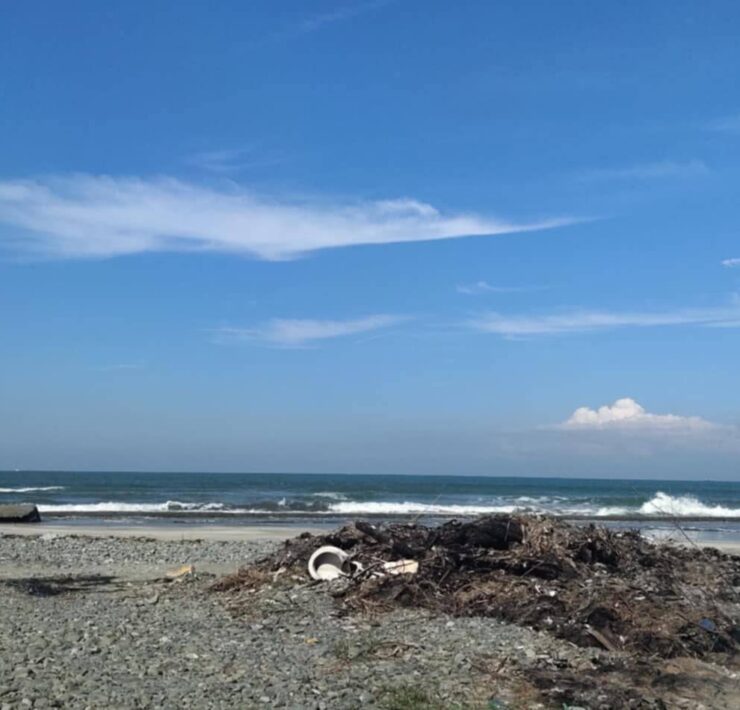Filipino seafarer decries ‘harassment’ by US officers
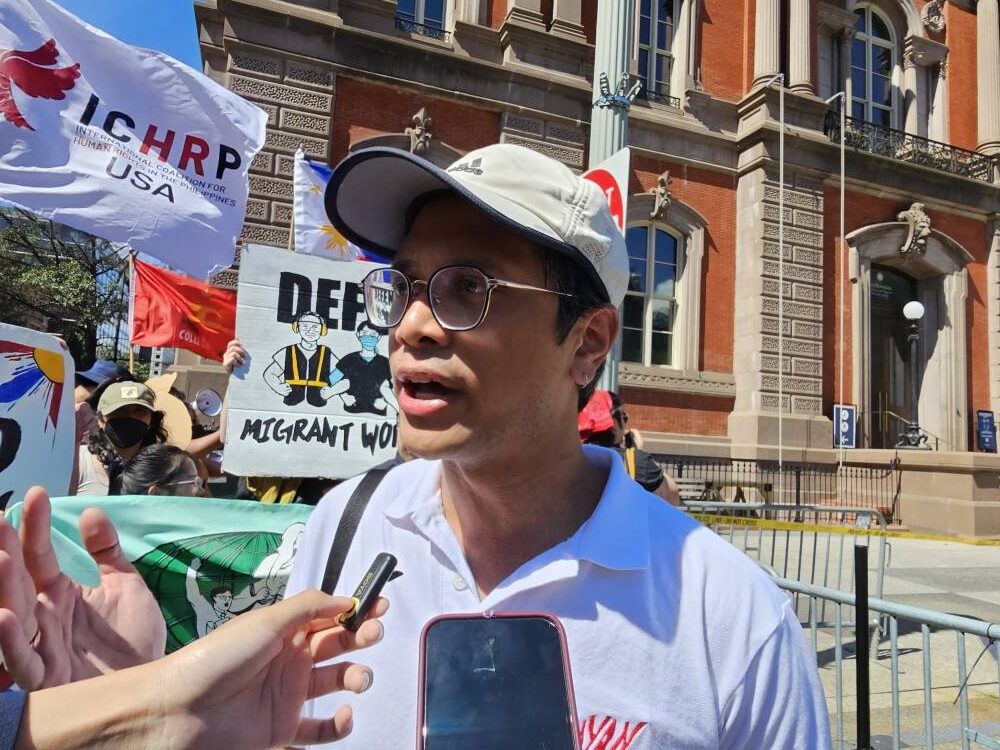
“Traumatic.” That was how Marcelo Morales Jr., a Filipino seafarer from southern Leyte, described his experience on June 28 when he was removed from the Carnival Sunshine cruise ship docked at the port of Norfolk in Virginia by officers of the US Customs and Border Protection (CBP).
Recalling the ordeal in a statement obtained by the Inquirer, Morales said his C1/D visa was revoked and he was banned from reentering the US for 10 years after CBP officers accused him of consuming child pornography despite showing “no concrete evidence.”
“This was an administrative immigration action, not a criminal matter. It was based solely on allegations, without formal evidence or due process. The CBP had full authority to revoke my visa under immigration policy, even without proof or trial,” he said.
‘No internal issues’
Morales said he began his employment with the Carnival Sunshine cruise ship on Feb. 16, noting that he performed his duties “without any internal issues or violations.”
He said he was visited on May 30 by CBP officers while inside his cabin at the cruise ship, which had docked at Norfolk. The officers informed him they needed to check his phone due to “concerns related to possible inappropriate content.”
“They started interrogating me if I watch child pornography content, and I denied the allegation. I was cleared of any wrongdoing. The officers returned my phone and I was sent back to the vessel with no charges, no citation, and no written warning.”
However, Morales said CBP officers boarded their ship again on June 28, and to his surprise, he was informed that he was being accused of watching child pornography despite the allegation supposedly being cleared up in May.
“They provided no new evidence and I was not shown anything concrete,” Morales said.
No legal procedure
The CBP officers also took his fingerprint and a DNA scan from his mouth “without asking any permission,” while his phone was once again confiscated and placed in a small, transparent envelope.
Morales was then informed that he was being removed based on Section 252(b) of the US Immigration and Nationality Act.
“I was not allowed legal representation, and no arrest was made,” he said. “There is no conviction, and no court record in the US or the Philippines.”
After he was flown to Dallas City in Texas from Norfolk, Morales said the CBP officers also “acted like we were criminals” and held him at the airport’s “detention room” for almost five hours without food and water.
‘Alarming escalation’
“What happened to us was totally traumatic and [we were] emotionally harassed by the CBP officers. All we [wanted at] that time [was] just to go back to the Philippines safe and to reunite with our families,” he said.
“I respectfully ask for justice not just for me but to all Filipinos who have been accused and harassed by the Customs Border Protection officers,” he added.
According to a statement by Filipino American groups National Federation of Filipino American Associations and the Pilipino Workers Center, at least 18 Filipino workers were “forcibly removed in handcuffs” from the Carnival Sunshine cruise ship during the raid.
The groups stressed that the workers had not been charged or found guilty of any crime and were removed “in an alarming escalation of unjust immigration practices.”
The “abrupt” removal of the workers, coupled with the “shocking” 10-year ban, “has inflicted deep humiliation, plunging their families into dire financial straits,” the groups said.
The Department of Migrant Workers, the Philippine agency tasked with overseeing the country’s seafarers, has yet to issue a statement on the incident.
Embassy advisory
However, the Philippine Embassy in Washington noted in a July 19 advisory that there have been “increasing incidents of arrests, detention and deportation of individuals due to child pornography-related offenses.”
While the advisory did not mention a particular incident, the embassy reminded “members of the Filipino community and overseas Filipino workers in the United States” as well as those “onboard vessels in US territorial waters” that child pornography “is one of the worst forms of child exploitation.”
It noted that US federal and state laws “criminalize the production or promotion of child pornography,” and individuals caught engaging in such acts can be “prosecuted, penalized and deported.”
The embassy also said that it “respects the right of individuals to seek redress of grievances or take legal action if they feel they have been wrongly accused of legal infractions,” and urged Filipinos needing consular or welfare assistance to contact the embassy or the nearest Philippine Consulate General or Migrant Workers Office.
Appeal to Marcos
US-based groups representing Filipino migrant workers called on President Marcos to prioritize providing protection for his countrymen in the United States during his first official meeting with US President Donald Trump, especially as some face threats of deportation.
Andan Bonifacio, chair of Bayan USA, told reporters on Sunday they had requested Mr. Marcos to meet with the families of Filipinos detained at US Immigration and Customs Enforcement (ICE) detention centers as early as May, but had not received a response.
“What’s concerning is that the migrants’ lives here under President Trump is difficult,” Bonifacio said on the sidelines of their protest in front of Blair House, where Mr. Marcos will stay during his visit. According to him, some Filipino detainees were fed raw chicken with maggots, highlighting their challenging conditions in detention.
“But they are not part of the agenda. Instead, we are seeing the security agenda and military cooperation,” Bonifacio said.
Malacañang said in an earlier briefing the President would skip meeting with the Filipino community in Washington due to “limited time.”
Apart from his trade talks with Trump, Mr. Marcos, who will be in Washington until July 22, is scheduled to meet with US Defense Secretary Pete Hegseth, Secretary of State Marco Rubio and business leaders.
Self-deportation
November 2024 data from ICE show there were 3,772 Filipinos at risk of deportation.
This number includes both undocumented and documented Filipinos and those with a final order of removal but are not yet in ICE custody.
This may also include individuals who may have already died, left the United States, or have “found other means to lift the order.”
Philippine Ambassador to the United States Jose Manuel Romualdez said most of these were cases of overstaying, or remaining in the United States beyond the period stipulated in their visas.
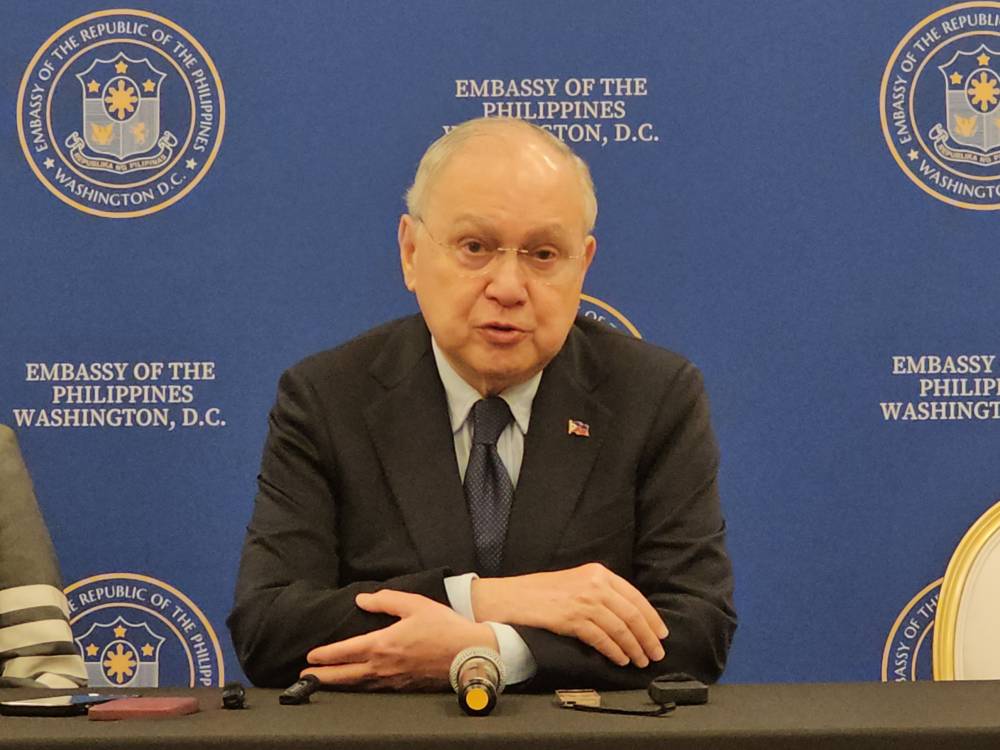
Affected Filipinos have the choice of consulting an immigration lawyer, he said at a press briefing.
“They can get free advice from them. If they have hope, then they can go ahead. If not, self-deportation is the best way … if they self-deport, they have a better chance to be able to come back legally.”
According to Romualdez, the embassy has agreements with “two or three” Filipino American lawyers associations to provide services to distressed immigrants.
Bonifacio argued, however, that these lawyers were not entirely accessible, and that some charge a retainer fee of as much as $7,500.
“Even if the embassy has a memorandum of understanding with legal organizations, they don’t give pro bono services for families of those in detention,” he said.




